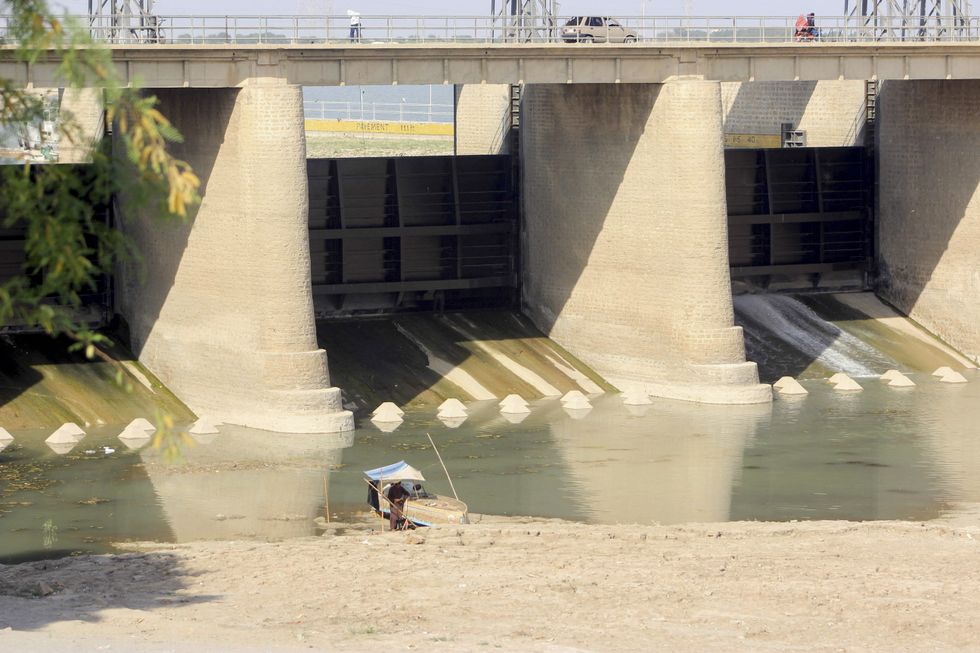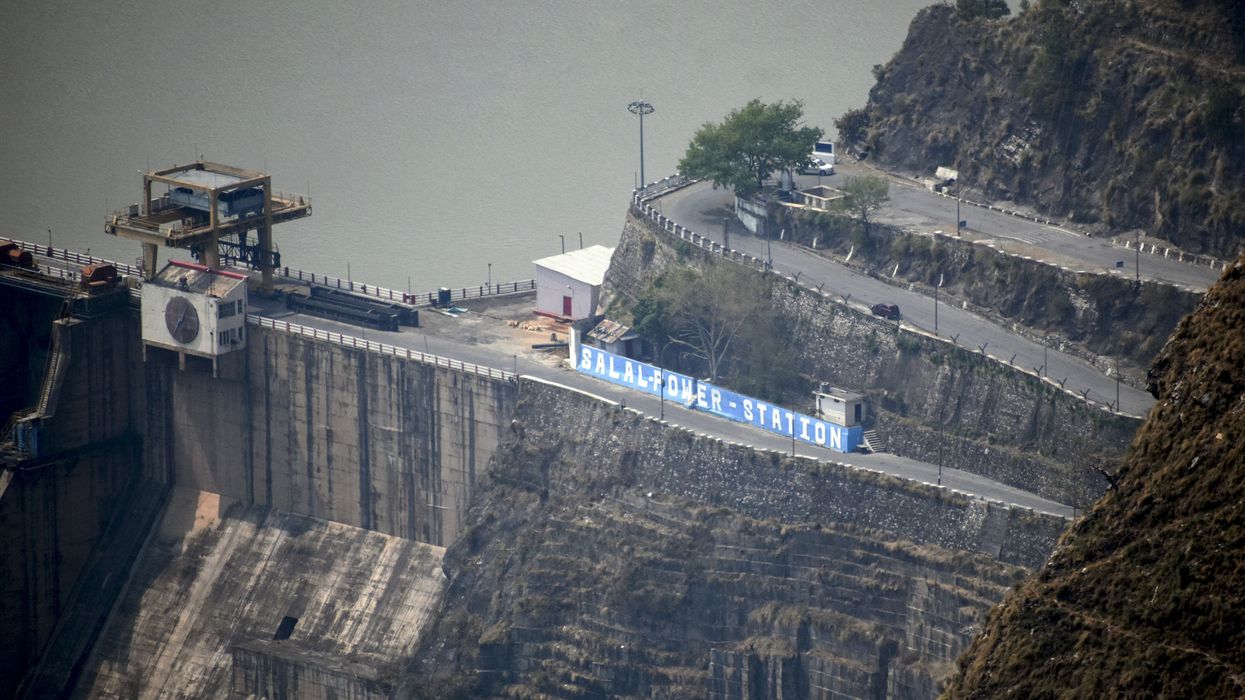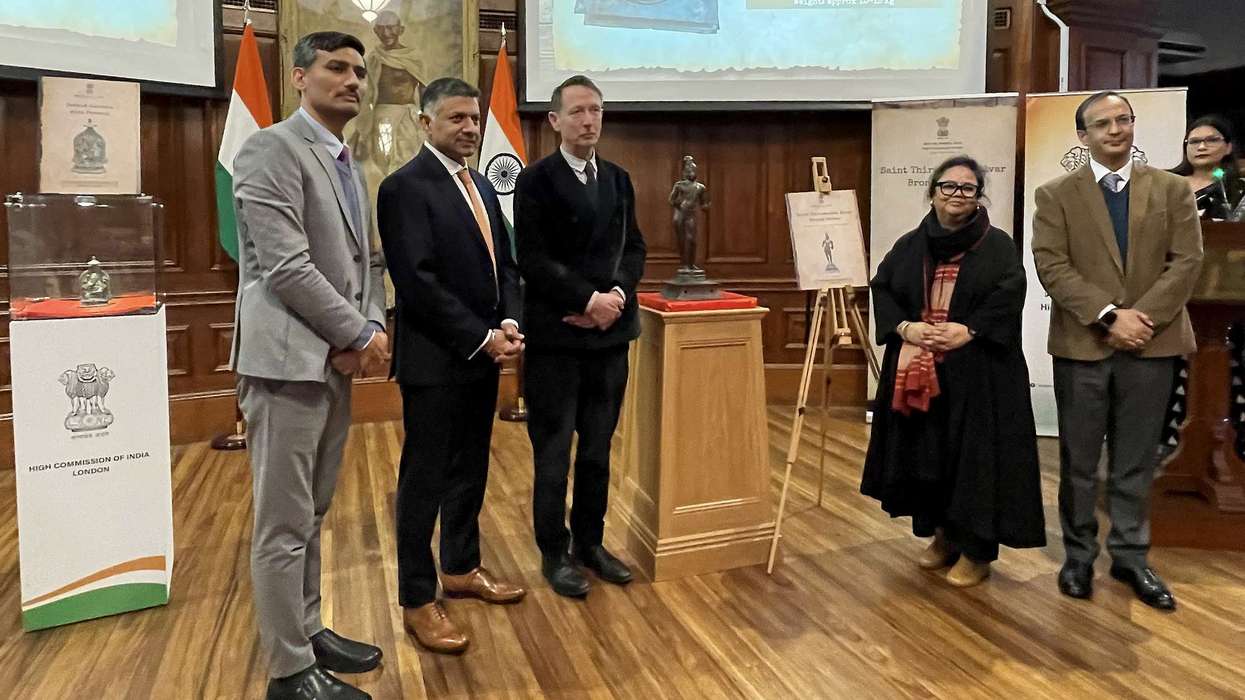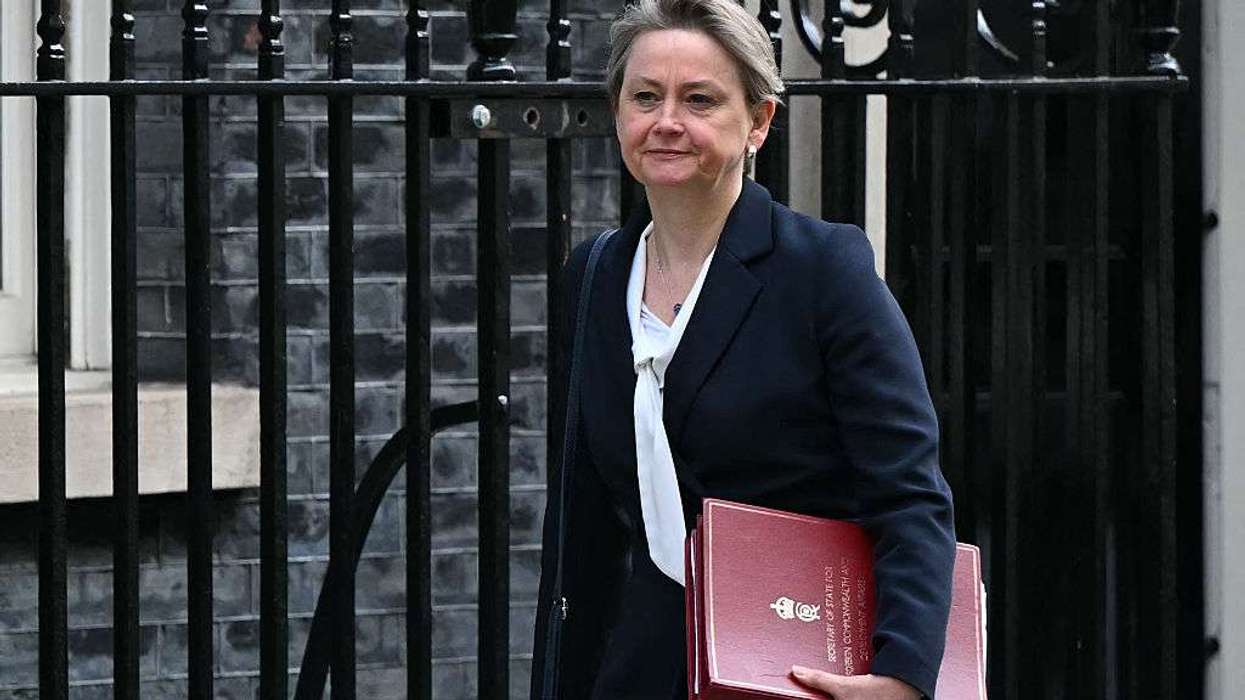INDIA is considering plans to dramatically increase the amount of water it draws from a major river that feeds Pakistani farms downstream, as part of retaliatory action for the deadly April attack on tourists that New Delhi blames on Islamabad, according to four people familiar with the matter.
Delhi “put in abeyance” its participation in the Indus Waters Treaty of 1960, which governs the use of the Indus river system, shortly after 26 civilians were killed in Indian Kashmir in what India described as an act of terror. Pakistan has denied any involvement, but the accord has not been revived, despite both countries agreeing to a ceasefire last week.
After suspending India’s participation in the treaty, India’s prime minister Narendra Modi ordered officials to expedite planning and execution of projects on the Chenab, Jhelum and Indus rivers, three bodies of water in the Indus system that are designated primarily for Pakistan’s use, six people told Reuters.
One of the key plans under discussion involves doubling the length of the Ranbir canal on the Chenab to 120 km, according to two of the sources. The canal, which runs through India to Pakistan’s agricultural heartland of Punjab, was built in the 19th century, long before the treaty was signed.
India is permitted to draw a limited amount of water from the Chenab for irrigation, but an expanded canal – which experts said could take years to construct – would allow it to divert 150 cubic meters of water per second, up from about 40 cubic meters currently, the four people said, citing official discussions and documents they had seen.
Details of the Indian government’s deliberations on expanding Ranbir have not previously been reported. The discussions started last month and continue even after the ceasefire, one of the people said.
The Indian ministries responsible for water and foreign affairs, as well as Modi’s office, did not respond to Reuters’ questions. Indian hydropower giant NHPC, which operates many projects in the Indus system, also did not respond to an email seeking comment.
Modi said in a fiery speech this week that “water and blood cannot flow together,” though he didn’t refer to the treaty. Water minister CR Paatil told a media event last Friday (16) that his ministry would “implement what prime minister Modi says” and “try to ensure that not a drop of water goes out.”
The water and foreign ministries of Pakistan did not respond to requests for comment. Foreign minister Ishaq Dar told lawmakers last week that the government had written to India arguing that suspending the treaty was unlawful and that Islamabad regarded it as remaining in force.

Islamabad said after India suspended the treaty in April that it considered “any attempt to stop or divert the flow of water belonging to Pakistan” to be an “act of war.” About 80 per cent of Pakistani farms depend on the Indus system, as do nearly all hydropower projects serving the country of some 250 million.
Any efforts by Delhi to build dams, canals or other infrastructure that would withhold or divert significant amount of flow from the Indus system to India “would take years to realize,” said water security expert David Michel of the Washington-based Center for Strategic and International Studies.
International relations expert Happymon Jacob at Delhi’s Jawaharlal Nehru University said that India’s new focus on the Indus Waters Treaty reflected an attempt to pressure Pakistan over Kashmir.
“With the latest conflict, Delhi may refuse to discuss Kashmir with Pakistan in any format,” he said. “Delhi has not only progressively narrowed the scope of bilateral talks but has also curtailed the agenda, focusing only on specific issues like the IWT.”
Pakistan said it is preparing legal action in several international forums, including the World Bank, which facilitated the treaty, as well as the Permanent Court of Arbitration or the International Court of Justice in the Hague.
“Water should not be weaponised,” Pakistan’s finance minister Muhammad Aurangzeb told Reuters on Monday. “We don’t even want to consider any scenario which... does not take into account the reinstatement of this treaty.”
The Indus system runs through some of the world’s most geopolitically tense areas, originating near Lake Mansarovar in Tibet and snaking through India’s north and Pakistan’s east and southeast, before emptying into the Arabian Sea.
The treaty is widely seen as one of the world’s most successful water-sharing accords, having survived several major wars and longstanding tensions between India and Pakistan.
Islamabad has previously opposed many Indian projects in the Indus system, while Delhi said after the Kashmir attack that it had been trying to renegotiate the treaty since 2023 to account for population increases and its rising need for clean hydroenergy.
The treaty restricts India largely to setting up low-impact hydropower projects on the three rivers allocated to Pakistan. Delhi has freedom to utilise the waters of three other rivers – the Sutlej, Beas and Ravi tributaries – as it sees fit.
Delhi has also created a list of hydropower projects in its Jammu and Kashmir territory that it hopes will expand capacity to 12,000 megawatts, up from the current 3,360 MW.
The list, which was created by the power ministry and seen by Reuters, was not dated. A person familiar with the document said it was created before the Kashmir incident but is actively being discussed by government officials.
The prospective projects also include dams that can store large volumes of water, in what would be a first for India in the Indus river system, according to two people familiar with the matter. India has identified at least five possible storage projects, four of which are on tributaries of the Chenab and Jhelum, according to the power ministry document. (Reuters)




